Filter by
The language used throughout the course, in both instruction and assessments.
331 results for "circuits"
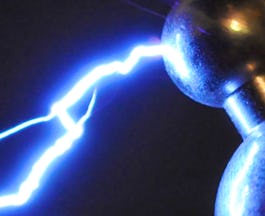
Rice University
Skills you'll gain: Problem Solving
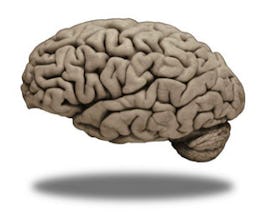 Status: Free
Status: FreeDuke University
Skills you'll gain: Health
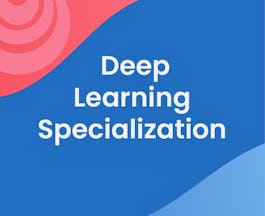
DeepLearning.AI
Skills you'll gain: Machine Learning, Deep Learning, Artificial Neural Networks, Machine Learning Algorithms, Applied Machine Learning, Python Programming, Machine Learning Software, Network Model, Algorithms, Computer Programming, Computer Vision, Network Architecture, Natural Language Processing, Tensorflow, Human Learning, Data Analysis, Data Model, Organizational Development, Process Analysis, Strategy, Mathematics, Mathematical Theory & Analysis, Linear Algebra, Regression, Calculus
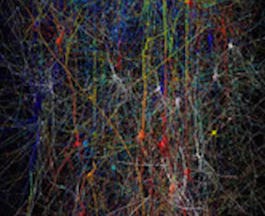 Status: Free
Status: FreeHebrew University of Jerusalem
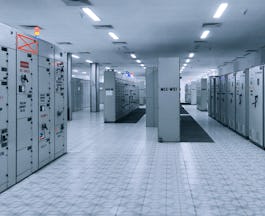
L&T EduTech
Skills you'll gain: Critical Thinking
 Status: Free
Status: FreeUniversity of Florida
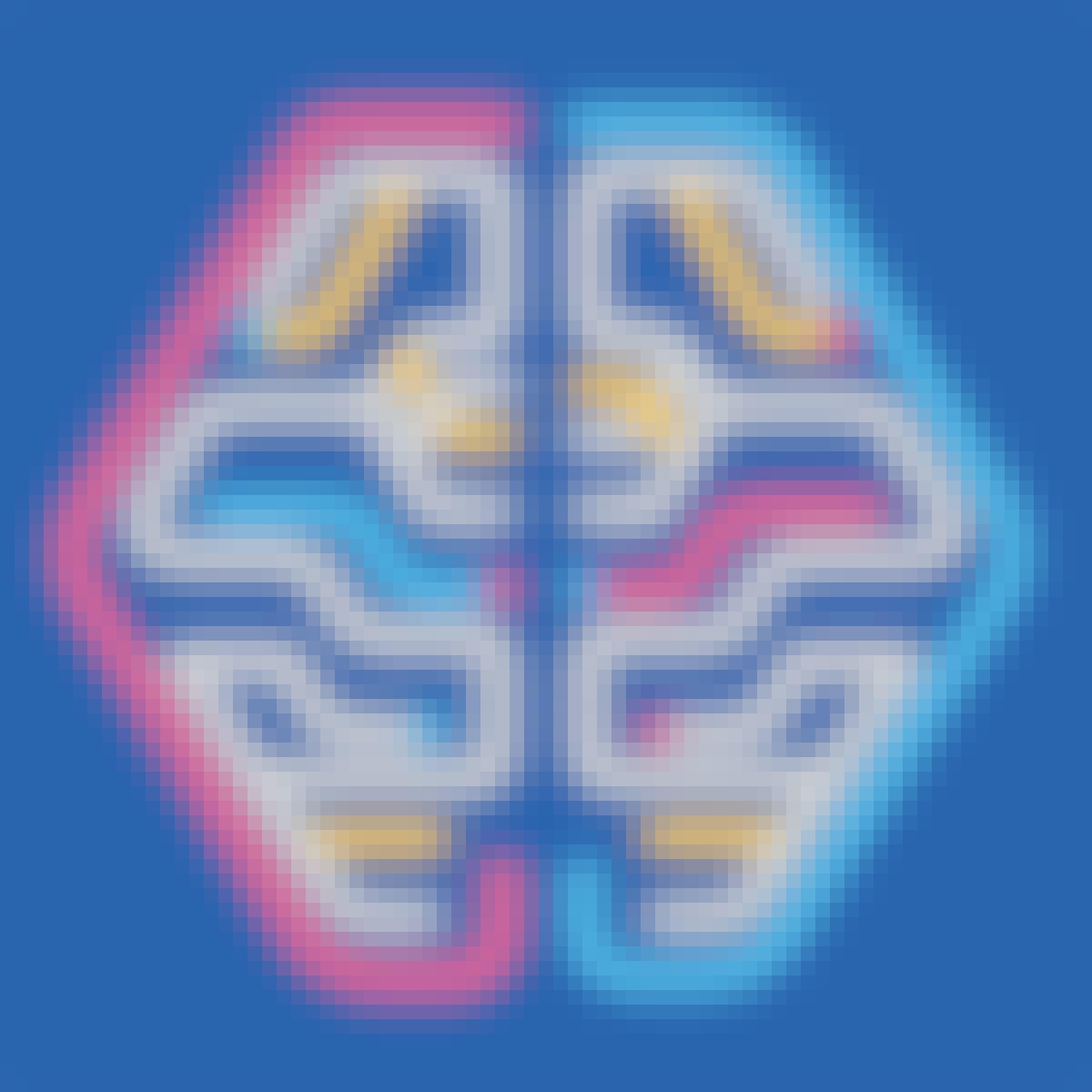
Google Cloud
Skills you'll gain: Machine Learning, Applied Machine Learning, Google Cloud Platform, Human Learning, Machine Learning Software, Cloud Computing, Machine Learning Algorithms, Deep Learning, Cloud Platforms, Artificial Neural Networks, Feature Engineering, Exploratory Data Analysis, Tensorflow, Python Programming, Data Analysis, Data Visualization, Probability & Statistics, Regression, Statistical Programming, Statistical Visualization, Algorithms, SQL, Cloud API, Apache, Extract, Transform, Load
 Status: Free
Status: FreeColumbia University
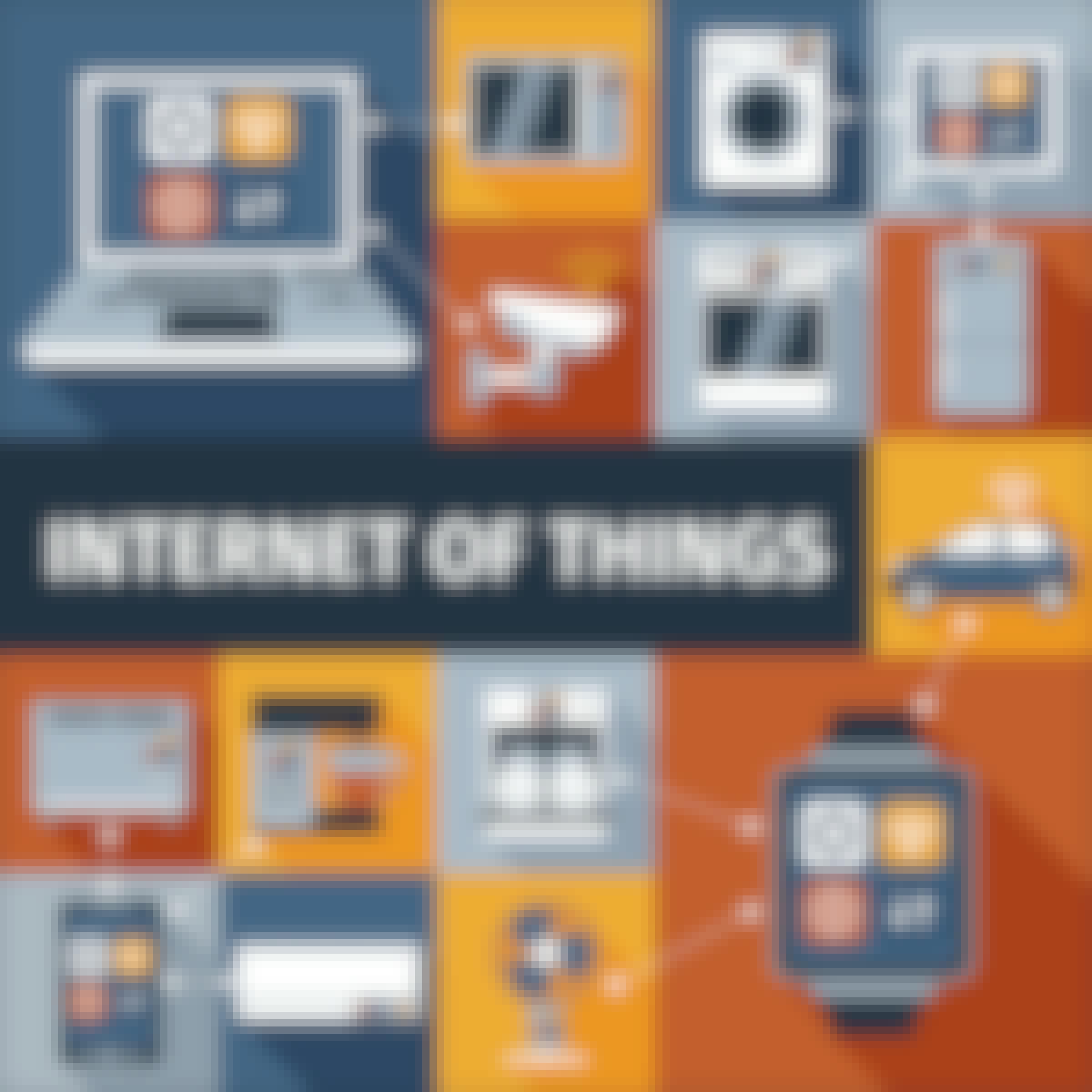
University of California, Irvine
Skills you'll gain: Computer Networking, Internet Of Things, Operating Systems, Systems Design, Communication, Computational Thinking, Computer Programming, Hardware Design, Human Computer Interaction, Networking Hardware
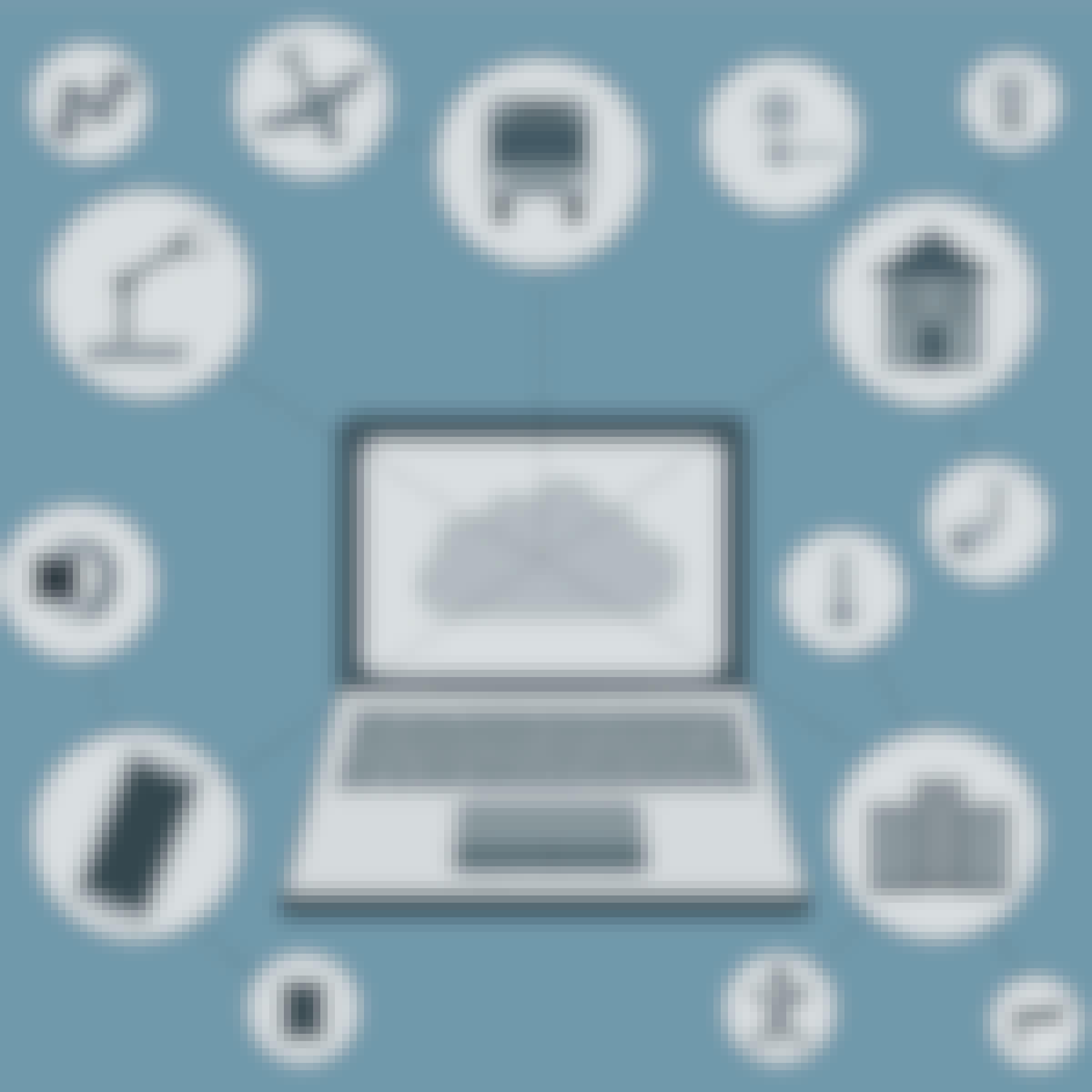
University of Illinois at Urbana-Champaign
Skills you'll gain: Computer Networking, Internet Of Things, Communication, Computer Architecture, Computer Programming, Software Engineering, Human Computer Interaction, Network Architecture, Feature Engineering, Interactive Design

Arizona State University
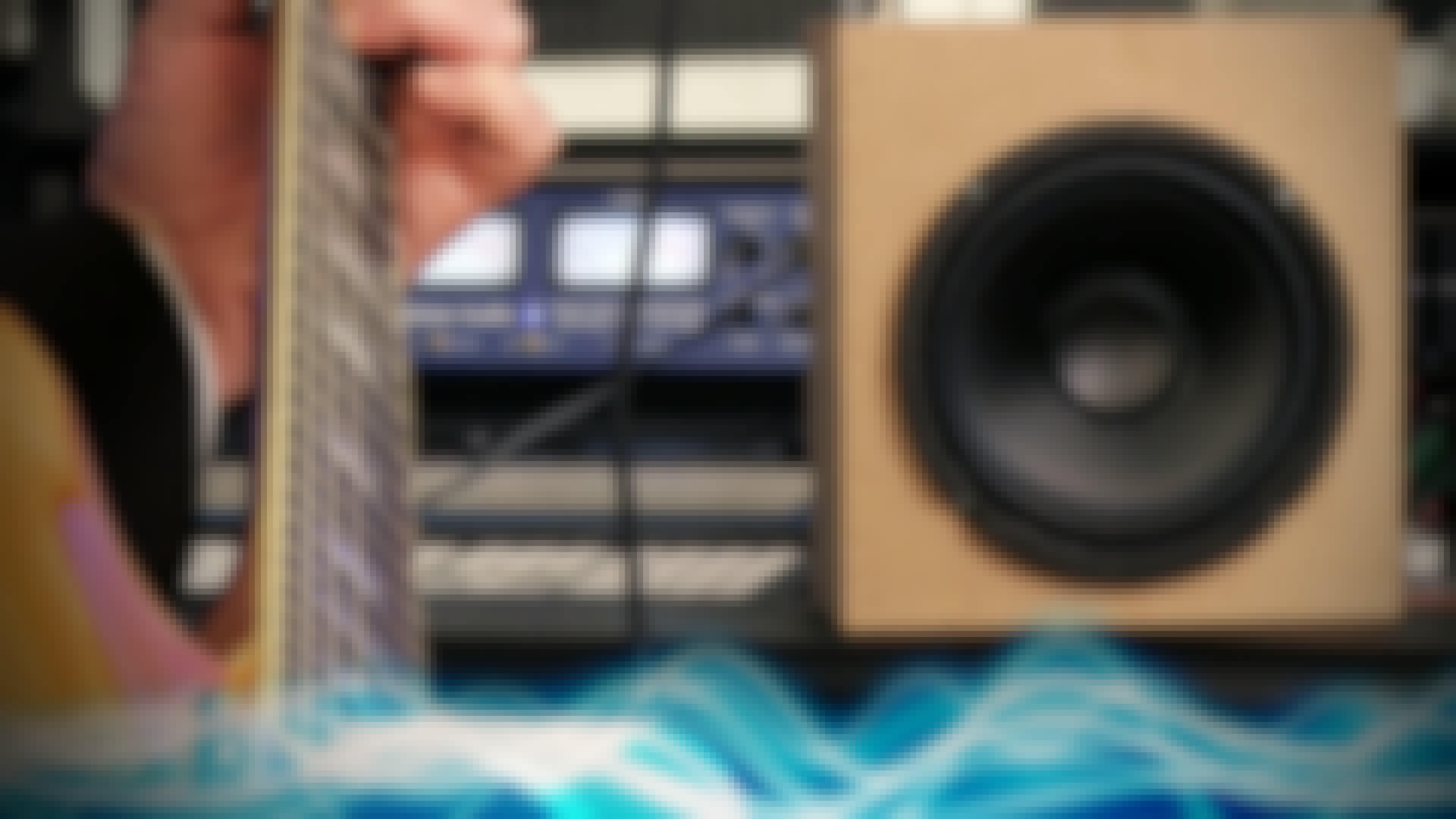 Status: Free
Status: FreeUniversity of Rochester
Searches related to circuits
In summary, here are 10 of our most popular circuits courses
- Physics 102 - Electric Charges and Fields: Rice University
- Medical Neuroscience: Duke University
- Deep Learning: DeepLearning.AI
- Synapses, Neurons and Brains: Hebrew University of Jerusalem
- Basics of Electrical Protection System: L&T EduTech
- The Science of Training Young Athletes: University of Florida
- Machine Learning on Google Cloud: Google Cloud
- MOS Transistors: Columbia University
- Introduction to the Internet of Things and Embedded Systems: University of California, Irvine
- IoT Devices: University of Illinois at Urbana-Champaign










